Historian revels in Pope’s vision for the Church
People
One of the world’s leading authorities on the modern history of the Catholic Church, Professor Massimo Faggioli was in Adelaide last month and spoke exclusively to The Southern Cross about Pope Francis and his approach to dealing with the changing needs of today’s Church.
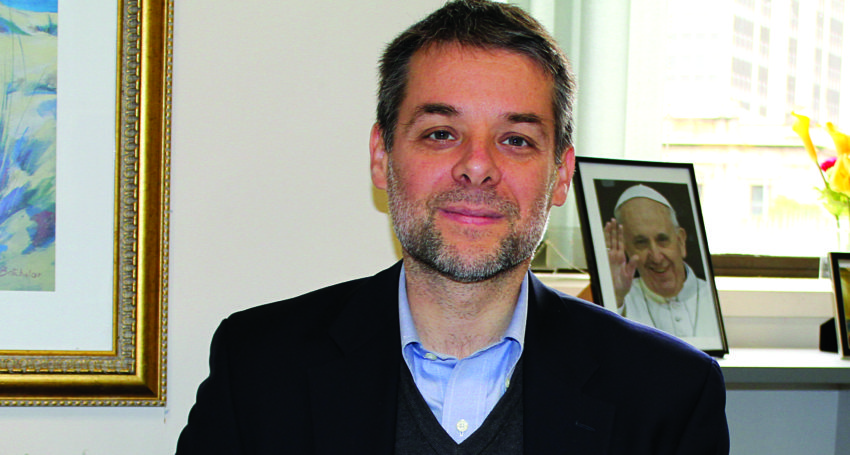
When Church historian Massimo Faggioli learnt that Francis had been elected as the 266th pope he knew it was going to be a papacy worth watching.
“In my life, he came at the right time in a sense. I was just a few years into my American experience and what has been so interesting for me is to observe him and study him as an Italian theologian and Catholic scholar living in the US,” the effervescent Italian told The Southern Cross during a brief stopover in Adelaide.
Advertisement
The Professor of Theology and Religious Studies at Villanova University, Pennsylvania, was in Australia for a month-long speaking tour, coming to Adelaide at the invitation of the ACU local campus and ATF Press to present a public lecture on ‘Pope Francis’ Vision of the Church’.
A leading authority on the history and administrative inner workings of the Catholic Church with specific expertise in the papacy, Vatican II, the Roman Curia, liturgical reform and new Catholic movements, Prof Faggioli said Pope Francis was different to his predecessors on a number of levels.
“He’s non-European, non-Mediterranean, which changes a lot of his perspectives on cultural, political and moral issues. This is an enormous change,” he explained.
“He doesn’t come from an academic background and that’s a real difference – his understanding on the role of the Christian faith and Catholicism is less intellectual than for Benedict. He’s a Jesuit and that makes a difference in terms of his spirituality, his understanding on the role of the institution, the necessity of dialogue and discernment.
“But the biggest difference is the Church he has to deal with – it is bigger, it is more global, it is more complicated, it is a Church heavily ‘on’ social media, and Benedict really didn’t have to deal with that.”
Having studied the papacies of many popes, Prof Faggioli said he saw many similarities between Pope Francis and Pope John XXIII, not just in the surprising way they were elected but their vision of the Church. (In 1958, no-one – including himself – expected Angelo Giuseppe Roncalli to become the new pope. Similarly, Jorge Mario Bergoglio was not among the small group of front runners identified before his election.)
Since Pope Francis took over in 2013, Prof Faggioli said his own life had been turned upside down.
“My whole life has changed since his election. I noticed in the first few hours that this pontificate was going to be really worth watching, so my scholarly agenda, publishing agenda, my publishing projects have all changed.
“With Benedict there was a script, there was something that was going according to plan.
“With Francis there is really very few things going according to plan because Francis doesn’t have a plan, he has a vision of the Church but he doesn’t have a schedule saying ‘I want to accomplish this’.
Advertisement
“He is more about opening a process on some issues that we need to address. The role of the Pope is to open these processes because many changes evolve in the body of the Church before they are sanctioned.
“His Church is more interesting for a historian because you see the element of change is taking place in a slightly different way.”
Prof Faggioli, 46, was raised in northern Italy in a Catholic family where Sunday Mass was the norm, but otherwise they were fairly “informal” Catholics.
Later he became more heavily involved as a leader in the Catholic Boy Scouts Group and after studying political sciences he became interested in Church history. At Bologna University he learnt from the “experts” and was accepted at the John XXIII Foundation which trains church historians.
Living in the US for the past decade he has made a name for himself as the ‘go-to’ authority when comment on modern Church history is needed. He is often asked to discuss issues in the secular media and is not surprised by the considerable interest in Pope Francis.
“There is a grey area where the Church and the secular world live together and I think Francis is expanding his outreach in this grey area and beyond. That’s one of the most important reasons for me to follow him because he is recapturing the attention of many people who had apparently given up on everything that is religious, that is sacred.
“Until 20 years ago most scholars saw that religions had no future in the world history, but of course they do. Religion is a very resilient thing. The Catholic Church is still there and still a unique kind of religious authority in the world. It has a unique history, unique institutional visibility, unique political relevance.”


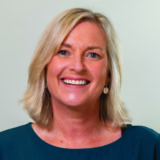
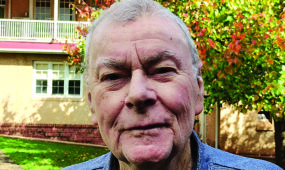
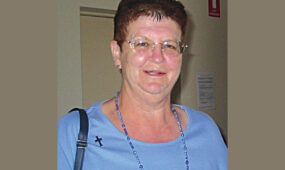
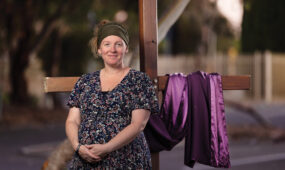
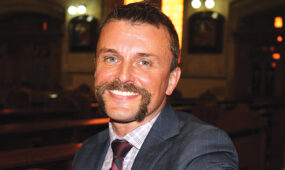

Comments
Show comments Hide comments